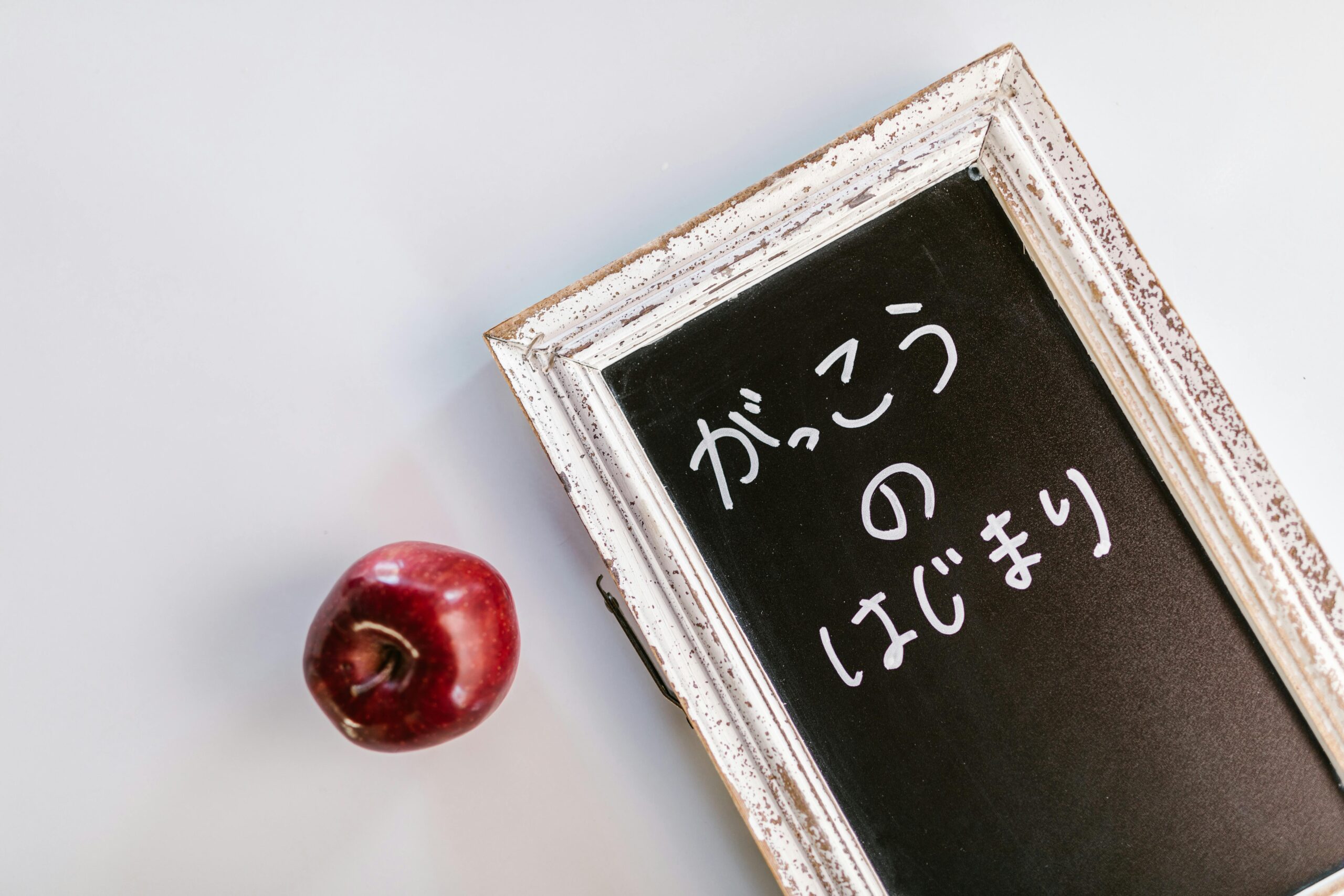When it comes to self-expression, the Japanese language offers a fascinatingly nuanced palette for the word “I.” Unlike English, which relies on a single pronoun, Japanese boasts a variety of first-person pronouns, each brimming with subtle hints about the speaker’s gender, age, formality, and relationship to their audience. Let’s explore this linguistic treasure trove and uncover the complexities that make translation so challenging—and so rewarding.

A World Beyond “I”
Japanese first-person pronouns are more than mere substitutes for the English “I.” Each pronoun carries its own weight, steeped in cultural context and social significance. Here are the most commonly used ones:
- 私 (わたし, watashi): A versatile pronoun suitable for formal and informal use. While neutral in tone, it’s often preferred by women in casual settings.
- 僕 (ぼく, boku): Frequently used by men, this pronoun conveys humility and a casual, approachable tone.
- 俺 (おれ, ore): Informal and masculine, it’s a favorite among close friends and peers, signaling confidence or assertiveness.
- あたし (atashi): Feminine and casual, this pronoun adds a touch of softness to the conversation.
- 我 (われ, ware): Formal and slightly archaic, used in literature or ceremonial speeches.
- 自分 (じぶん, jibun): Neutral and flexible, meaning “oneself,” and often used to maintain ambiguity in speech.
Why Translating Japanese Pronouns Is Tricky
In English, “I” is a one-size-fits-all solution, but in Japanese, each pronoun provides a window into the speaker’s identity and social standing. Translators face the daunting task of conveying these nuances without overwhelming the reader or sacrificing clarity.
For example:
- A character using “watashi” in a formal speech might exude professionalism, while switching to “ore” in a casual conversation signals intimacy or informality.
- In English, both translate to “I,” leaving the subtleties lost in translation.
Complicating matters further, Japanese often omits pronouns altogether when the context makes the subject obvious. Translators must infer and reintroduce pronouns in English, ensuring the tone and intention are preserved.

How Context Shapes Pronoun Use
Japanese speakers navigate a complex social landscape through their choice of pronouns. Factors like gender, age, and the nature of the conversation determine the appropriate word. For instance:
- A businessman might use “watashi” in a meeting to appear professional but switch to “boku” with colleagues during after-work drinks.
- A young woman might favor “atashi” among friends to convey warmth and femininity.
These choices reflect the speaker’s role in a given situation, adding a layer of social intelligence to everyday interactions.
Strategies for Translating Pronouns
To bridge the cultural and linguistic gap, translators employ creative techniques:
- Relying on Context: Understanding the situation and relationships in the original text guides translation choices.
- Tone Adjustment: Modifying the tone in English helps replicate the implied meanings of Japanese pronouns.
- Descriptive Clarity: Adding contextual details in English compensates for nuances lost in direct translation.
For example, instead of translating “ore” as simply “I,” a translator might adjust the dialogue to sound more assertive or confident to reflect the character’s tone.

Commonly Asked Questions About Japanese Pronouns
1. Why does Japanese have so many first-person pronouns?
Japanese pronouns are rich with cultural nuance, allowing speakers to reflect formality, gender, and social relationships in a single word.
2. Can women use “boku” or “ore”?
Yes, although traditionally male, women—especially younger generations—may use “boku” or “ore” to challenge gender norms or express individuality.
3. How do translators handle omitted pronouns?
They infer meaning from the context and insert pronouns into the English translation for clarity, maintaining the speaker’s tone and intent.
4. Are there pronouns that indicate arrogance or humility?
Yes. Pronouns like “watakushi” are humble and formal, while “ore” can be assertive or even brash, depending on the context.
5. How do pronouns affect character development in Japanese literature?
Authors carefully select pronouns to reveal a character’s personality, social standing, and relationships, adding layers of depth to their portrayal.
Why Pronouns Matter
Japanese first-person pronouns are more than functional words; they’re tools of self-expression and social navigation. Understanding them not only deepens our appreciation of the language but also enhances our ability to connect across cultures. Whether you’re a translator, a language enthusiast, or simply curious, exploring these nuances opens the door to a richer understanding of Japanese communication.
Sources The Conversation


